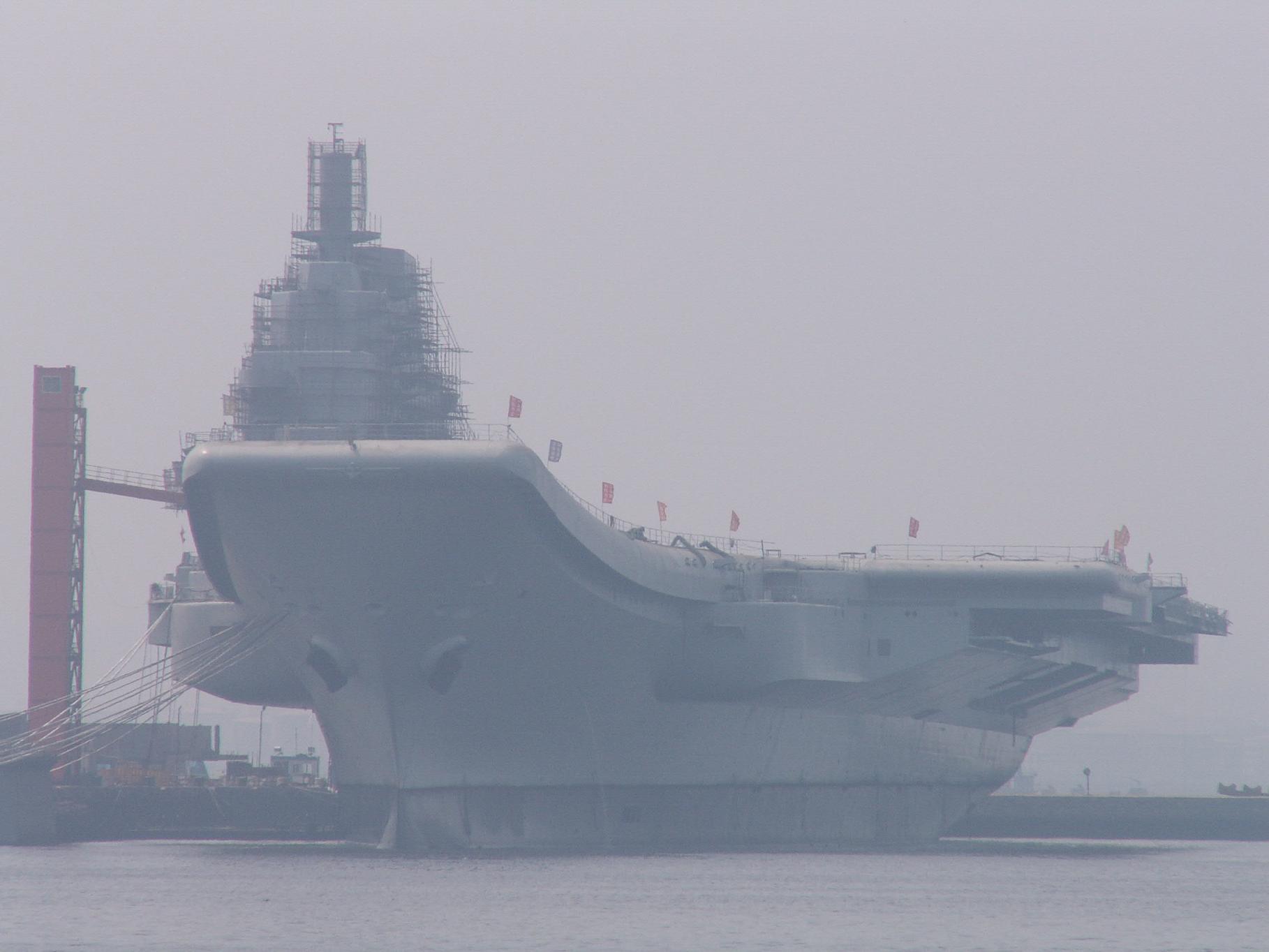Taiwan is developing a new mobile version of its supersonic “aircraft carrier killer” missile, a legislator said Sunday, after China sparked regional concerns with sea trials of its first carrier.
Research on the development of the land-based missile, a variant of the existing Hsiungfeng (Brave Wind) III, is underway, Lin Yu-fang, a legislator who sits on the national defence committee, told AFP.
“The new land-based version will have a longer range and carry a heavier warhead,” Lin said, comparing it to existing navy ship-to-ship weaponry.
He said the new missile would be deployed on mobile launchers to give it a higher chance of escaping Chinese bombing raids in the event of war.
Journalists were last week allowed their first close look at the original Hsiungfeng III ahead of the 2011 Taipei Aerospace and Defence Technology Exhibition which closed Sunday.
The rare public display of the weapon which researchers have dubbed the “aircraft carrier killer” was the focus of attention as China’s first aircraft carrier embarked on its inaugural sea trial.
“The speed of the Hsiungfeng III is so fast that it is very hard to defend against it,” Chiang Wu-ying, deputy chief of the missile research project, told reporters.
The Hsiungfeng III, already installed on Taiwanese frigates and missile boats, is designed to cruise at a maximum speed of Mach 2.0, or twice the speed of sound, with a range of up to 130 kilometres (80 miles), analysts say.
Taiwan’s defence ministry has expressed alarm at China’s naval buildup although experts say it may still take time for the People’s Liberation Army to operate its first carrier group complete with fighter jets.
Japan’s defence minister called on China Friday to explain why it needs an aircraft carrier and the United States has said it would like Beijing to explain why it needs a carrier.
Ties between China and Taiwan have improved significantly since the Beijing-friendly Ma Ying-jeou became the island’s president in 2008, vowing to adopt a non-confrontational policy towards the mainland.
But China still regards Taiwan as part of its territory awaiting reunification, by force if necessary, although the island has governed itself since the two sides separated in 1949 after a long civil war.










